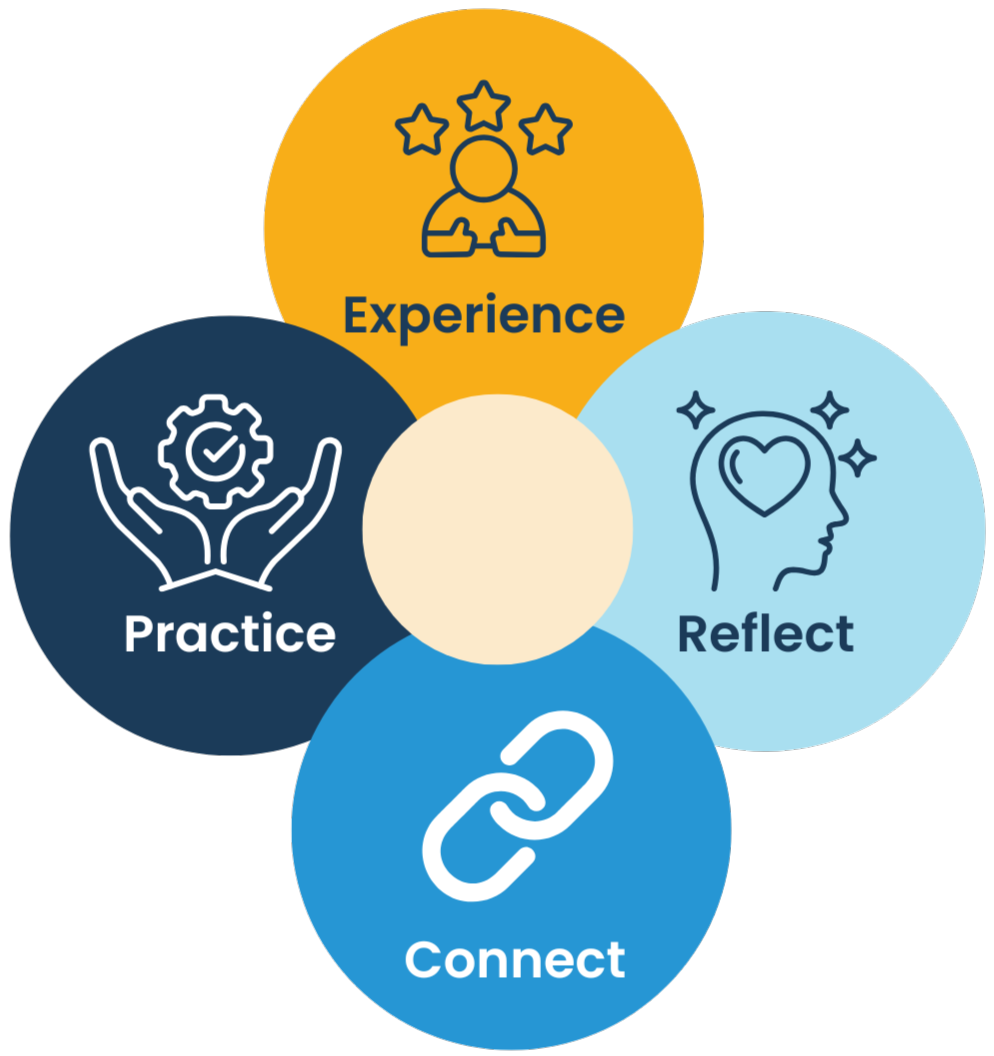Managing Conflict to Strengthen Relationships and Maintain Team Harmony

Every leader will face conflict, but great leaders manage it with clarity, empathy, and impact. This training helps leaders identify types of conflict, understand common responses, and apply constructive resolution strategies to maintain trust and guide their teams effectively.
Through hands-on practice, case studies, and peer reflection, you will develop strong communication, emotional regulation, and negotiation skills to resolve conflicts while strengthening relationships and fostering a productive team environment.
Program Highlights
- Understanding Conflict: Learn types of conflict, common reactions, and experiential exercises to recognize real-world dynamics.
- Conflict Resolution Strategies: Apply a 4-step approach from identifying the issue to implementing solutions collaboratively.
- Negotiation Skills in Conflict Management: Master strategies, overcome negotiation challenges, and leverage trust to influence outcomes.
- Case Studies & Action Planning: Practice resolving scenarios, reflect with peers, and apply the GROWS framework to enhance your conflict management skills.
Objectives
- Understand the importance of conflict management in achieving organizational goals
- Build and maintain strong relationships with colleagues, new or familiar
- Manage emotions effectively during interactions
- Communicate clearly, efficiently, and assertively to avoid misunderstandings
- Influence others through effective communication and negotiation
- Resolve or de-escalate conflicts strategically
After This Course, You Will be Able to:

Understanding Conflict Before It Escalates
Identify sources of conflict and respond with appropriate strategies

Clarity in Every Conversation
Communicate clearly and calmly even in high-pressure situations

Negotiating with Trust and Insight
Build trust and influence through empathy and effective negotiation
Your Learning Journey

Experience
Engage directly in the service journey to understand real interactions, communication flow, and how issues are handled, providing insight into what works well and what can be improved.
Reflect
Reflect on past service experiences to identify successes, challenges, and areas for improvement in delivering exceptional service.
Connect
Explore the importance of building meaningful connections with clients and stakeholders, and understand how trust and collaboration contribute to service excellence.
Practice
Engage in interactive exercises and role-playing scenarios to apply learned techniques, enhance customer service skills, and drive positive outcomes in service delivery.